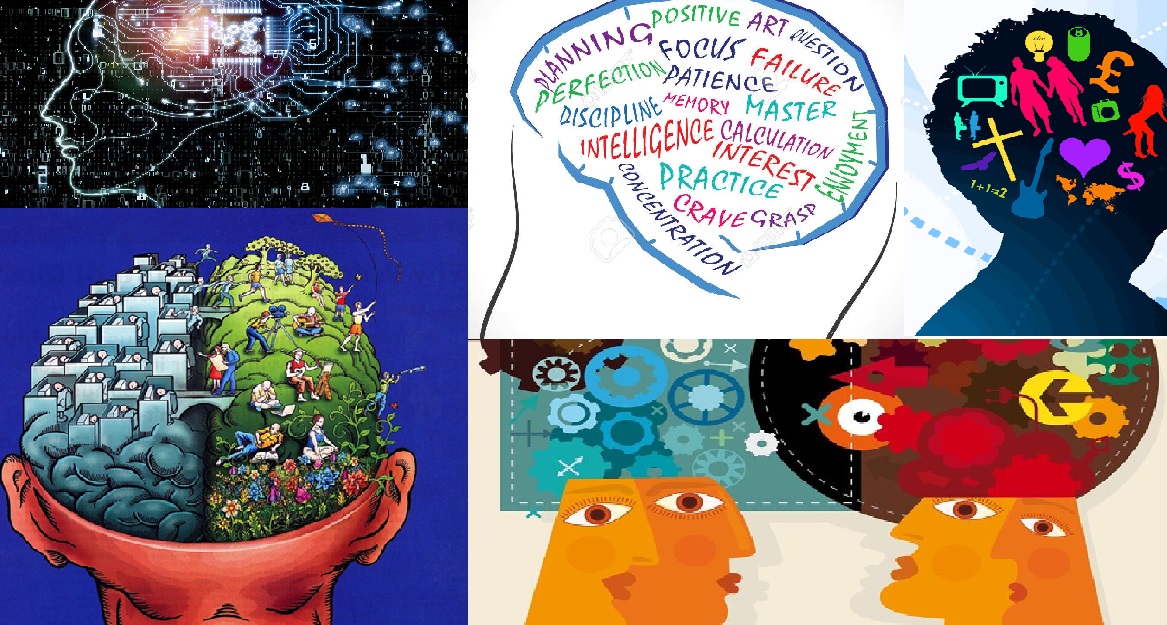A peek into your thoughts
Posted on November 18, 2021 • 5 minutes • 938 words
kay. So let’s start today’s blog post with a small activity. I want you to build a short story using the words written below.
Bat. Hotel. Minute. Bark. Second. Fine. I know not how your mind processed the previous statements, but I suggest you read them once more and let’s see how creative you could get. Here is my version of the story. A cricketer went into a hotel with his bat. He saw a minute scratch on his bat but did not bother because the bark used to make the bat is the second fine quality of wood.
And yeah, I am sure you came up with a different story. And the question here is, how many other people share the same narrative like yours? What makes you process something so uniquely?
Your curious explorer started his journey with this very same question.
Vision and speech are the most advanced cognitive functions, and I started by looking at the visual aspect. Your brain looks at the 3D world, takes in a 2D image and processes it back to 3D. The process is a simple-looking complex phenomenon. The 2D image undergoes a non-strictly hierarchical analysis. The ‘what and where’ of the image is analyzed by looking at size, shape, colour, texture, depth, spatial relationships, location, and many more aspects.
The fact that the mind has to analyze all of this information to get an idea of what is in front of you literally makes the task impossible to occur every time. The brain instead uses another tool called memory. One can divide the visual stream into the perception stream and the action stream. The perception stream analyzes an object with something we call a cue and stores it in the memory palace. The action stream uses your current memory and performs the necessary actions. In simple terms, you see, process, remember, recall, and act. But what catches the attention of your curious explorer is the part of memory.
Every other step in the sequence is constant for the same scenario except memory. In the first scenario, I will tell you ‘sun’ and then ‘bright’. In a second scenario, I tell you ‘son’ and ‘bright’. The same word ‘bright’ takes the meaning of illuminance and intelligence in two different scenarios. The only change here is that I manipulated your memory recalling capacity.
So what makes you unique? Your memory indeed makes you unique. During a recall, your brain replays the same neural activity that it recorded initially. The encoding specificity of memory is that the information of a situation, context and the environment along with a fact is encoded. The retrieval of this information also depends on all of these factors. The story now becomes a little bit more complex. So if you are in a classroom, the chances of you being able to perceive ‘bright’ as ‘intelligence’ is far greater than perceiving it with ‘illuminance’. But again, if you were looking at a tube light in the classroom, the answer could be different.
Now, let us take a scenario where two people live an entire same life storing memory under the same conditions. Will their brains glow in the same regions for the same stimuli? Although many believe in this aspect, growing research tells that this is not possible. A simple hypothetical experiment can give you the reason why. Let’s say one of the two people in the above scenario is a monkey. Do you still think both of them would be the same? Yes. The answer is genetics. The genotypic contribution of performance on temporal activity is unique for a given genome. Your temporal activity determines how you exploit a situation. With variation in your genes and therefore the temporal activity, the storage pattern of the information changes for each person. The retrieval too, and therefore the perception again.
Talking about the temporal portion of the brain, it is responsible for all of our creative decisions. Neuroscientists and psychologists have understood the reason why people are not creative often. Just like our behavior into which “the survival mode” is embossed, the processing of the brain essentially works on the same survival mode. Now why the factor of being creative is difficult to achieve is due to the fact that in order to be creative, we need to think outside the constant pathways of thoughts. The moment this barrier is broken, akin to the rocket leaving the earth’s gravity post orbit, this leads to a new idea, a creative solution.
The reason why the brain would rather prefer non creative minds is that the extra effort is not desired by the person. A person really becomes creative, with a series of out of the box thoughts, which his brain has now recognized as the new normal, akin to rather than moving up the highest, moving the whole average up. This leads to creative people constantly giving creative ideas.
The plot of human creativity gives another perspective to the whole evolutionary change. Most apes show the non-creative/routine behavior by doing the same activities again and again, making great circus animals.
My exploration leads me to a single conclusion. The reason that I see and understand what I see and understand is because it was meant to happen that way. This is one in a trillion possibilities and such occurrences are called miracles. The emotion you derived out of reading this blog post too is a miracle. Your own unique miracle that none can understand. Drown into this moment.
Thanks for reading till this end. This article was possible because of the valuable contribution of my friend Sai Kumar Mishra.
